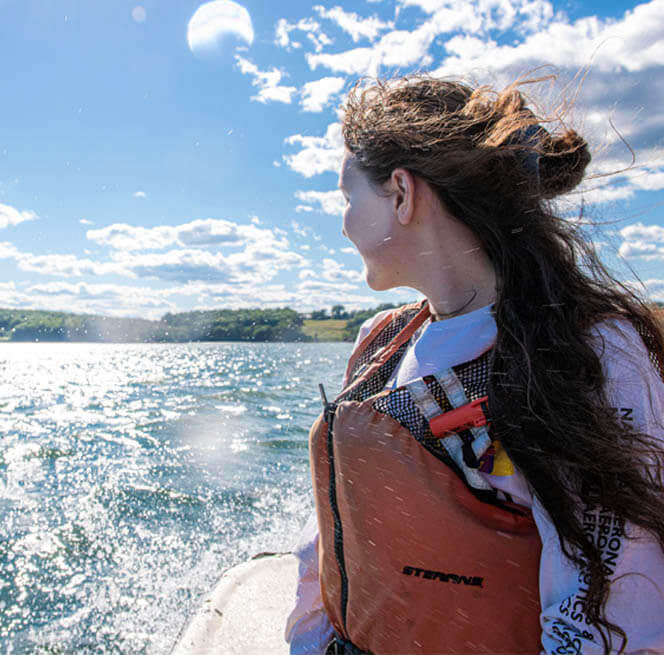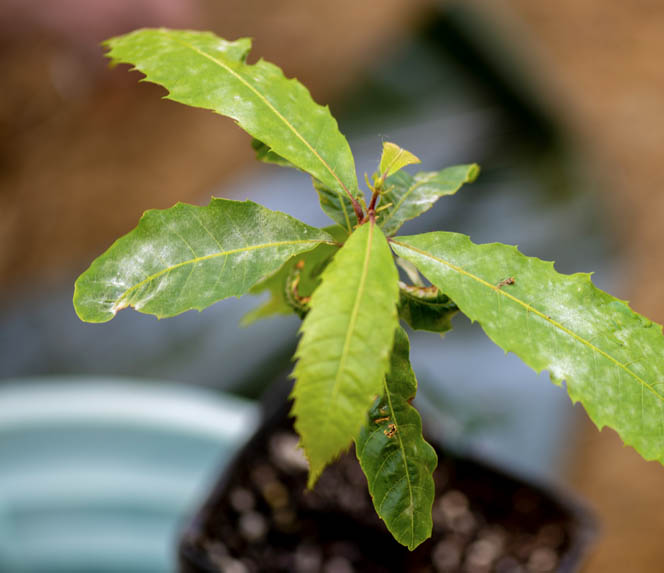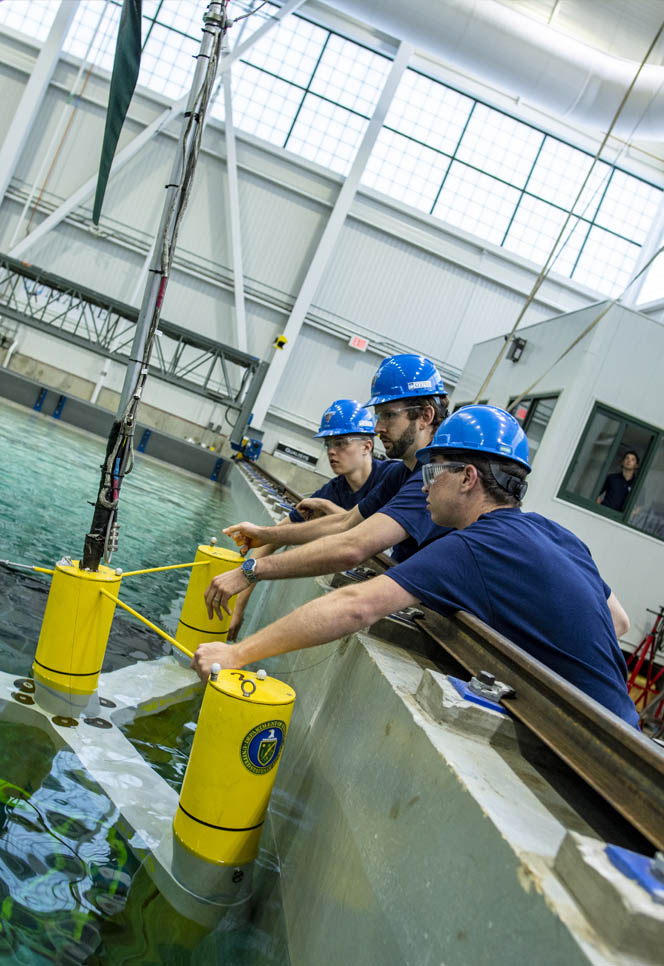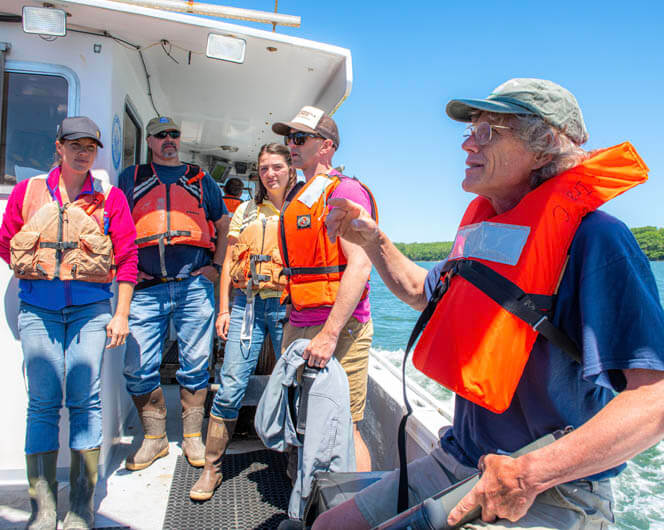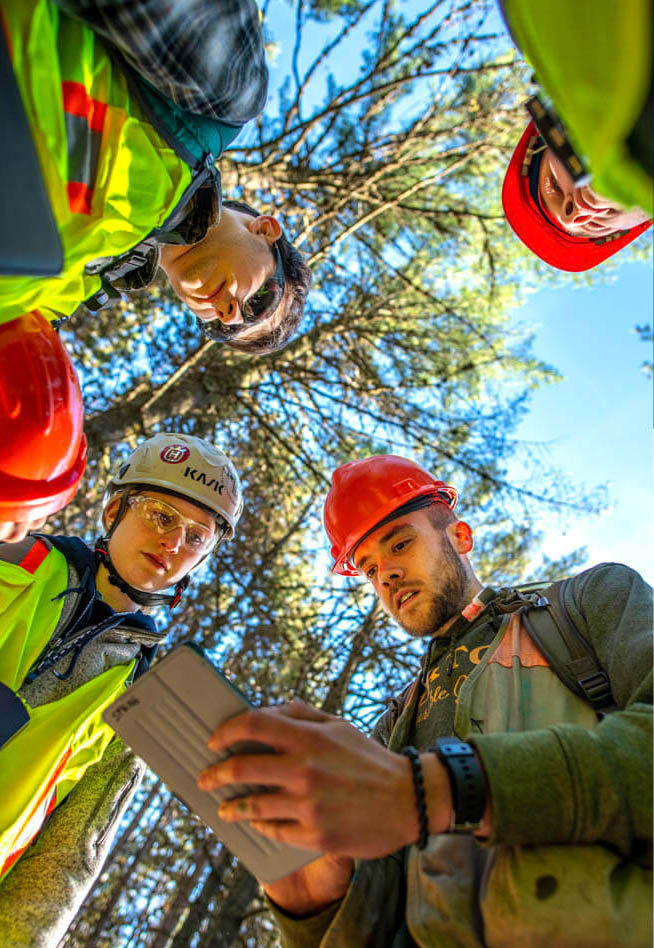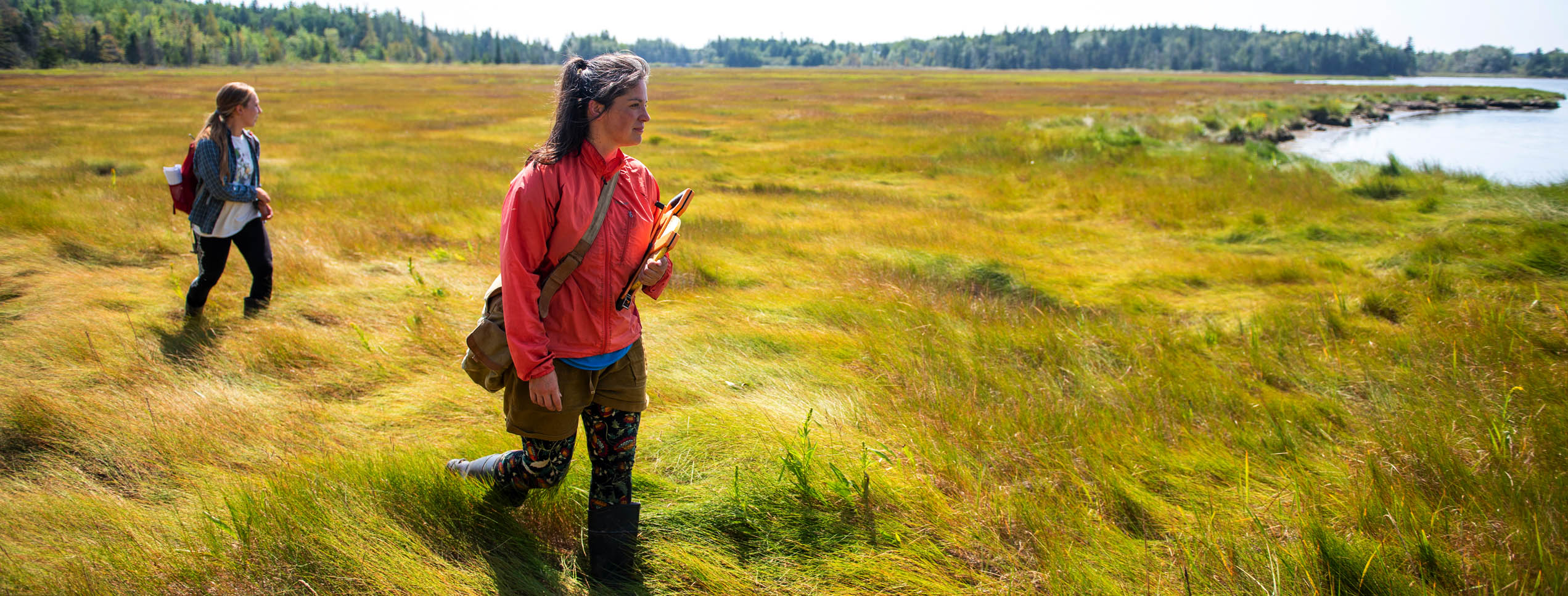
The Green Action University
Students of 2025 and beyond want a just and sustainable world they can live in. Maine’s economy also has one of the greatest opportunities in the county to grow through forest product innovation, off-shore wind and clean energy technology, and new aquaculture to save its coastal communities.
How we adapt and respond to the physical and existential threats of climate change in the near term will fundamentally determine who we are as a state, a nation, and a global community for decades to come. UMaine can lead the nation through our innovative climate research; through climate adaptation and justice collaborations with Indigenous communities; by committing to those communities most vulnerable to the effects of climate change; and, by focusing on sustainability and climate action on campus, with industry partners, and in key policy discussions state-wide.
UMaine can distinguish itself as the Green Action University with the environment, climate justice, clean energy technologies, and climate action at its core, and in doing so, we will help ensure the vision of what Maine is and can be for future generations.
Focus Areas
- Climate Action
- Climate Justice
- Clean Energy Technologies
- Support for Maine Won’t Wait
- Sustainable Practices
Recommendations
UMaine should become the “Climate Action University,” organizing itself around the eight strategic priorities outlined in the state’s climate action plan: Maine Won’t Wait.
UMaine must connect with and be a driver of Maine’s significant economic and research institutions that are focused on addressing climate change.
Develop a climate response ecosystem for our students through paid internships, work-study, graduate assistantships and other experiential learning opportunities for students that are focused on addressing climate change.
Create a Climate Change HUB to help coordinate the relevant science and resources around the state. UMaine must connect with other research institutions statewide to respond to climate change. For example — our response to sea level rise needs to connect Darling Marine Center expertise with Bigelow, GMRI in an informed way to leverage each others strengths and collaborate for the benefit of the state.
UMaine needs to lead by example (i.e., smart buildings, smart technology, transportation) and teach by engaging students as we do so.
The climate crisis has underscored and exacerbated issues of racial disparity. UMaine’s focus on climate action should recognize and address issues of injustice that are inseparable from many aspects of climate change impact.
Climate Change is the most significant issue facing the state of Maine, its economy and future. Every fishery, every farmer, natural resource economy, coastal communities will all be significant impacted by climate change in the near future. UMaine should take the national leadership role. UMaine strengths are already in the climate change area: innovation, clean energy . We need to GO BIG and communicate this more effectively.
Maine has a real opportunity to accelerate and thrive as a state- emerging strong from the COVID-19 pandemic with great alignment to new industries (renewables, offshore wind, aquaculture) and natural resources. Maine can play a key role on the national and international stage.
Create an integrated, interdisciplinary group where the students take a class focused on a climate action project. Establish colloquia where faculty from, for example, ASCC, Biomedical Engineering, Climate Change Institute, and the Maine Business School get together to solve problems through multidisciplinary approaches.
Develop models for training people and putting them in industries with high-growth potential in most need of workers (e.g., engineers, community resilience and adaptation planning). Partner actively with employers. Climate is a great place to focus on preparing students for good, long-term careers in Maine.
How do students learn about climate change at UMaine? Create more transparent pathways to convey to students all the opportunities that exist to pursue climate action at UMaine including, but not limited to the world class programs at the Climate Change Institute.
UMaine Foundation to fundraise for a Climate Action Fund — give all UMaine students the opportunity to work to advance one of the eight strategies of Maine’s Climate Action Plan.
Fund paid internships around climate change to give students on-the-ground training from experts in the field doing the work of climate adaptation and mitigation. Small businesses are often unable to afford internships cost, but are great sources of experiential learning and critical to workforce development.
Do students, parents and Maine communities know about the role UMaine has played and will play in Maine and the world’s climate response? Do they know they can be a part of that? We must communicate our strengths more broadly and effectively — highlight UMaine activity.
Environmental, Social and Governance (ESG) issues are increasingly critical to major public companies — find ways to tap Maine Law and UMaine Business School / GSB expertise. Encourage student participation through initiatives like creating a student watchdog group to track green-washing.
Reconstruct General Education program around “Wicked Problems” or with problem-based focus. Students would choose a track focused around one of these problems and pursue it with a cohort of peers. Related courses would weave a trans-disciplinary path through this issue. Examples of tracks could be climate change, DEI, changing technology, etc. RLEs could also be a part of this work.
Consider higher education’s role in fostering and developing attitudes and values; enabling students to move from situational to sustainable value systems. Create a better balance between our present and our future (e.g., climate action); generate trust, focus on social bonds, instill hope.
